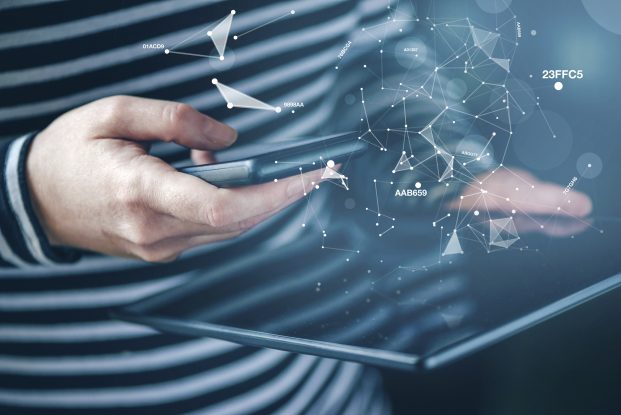Industrial Digital Transformation

Digital technologies offer the potential to transform organisational practices, roles and tasks. Often, however, the realization of this potential falls significantly short of expectations. The central challenge industrial companies face is to identify and cultivate the organizational pre-conditions necessary for realizing the potential of digital technologies. With pervasive digitalisation of contemporary organisations there is, as such, a need to operationalize existing scientific knowledge on implementation, adoption and use of digital technologies into actionable methods and recommendations that take organisational and work practice aspects into consideration for planning and implementing large-scale digital industrial transformation.
In 2018, we therefore changed the title of our scientific program from Work practices to Digital Industrial Transformation. This change reflects the evolution of SIRIUS. With maturation of the research within centre, we have transitioned from having a supportive role towards developing our own a research agenda.
The Digital Transitions Framework (DTF) is a pivotal piece of our research program. This consists of a set of ‘how-to’ rules and principles, a design theory, which offers advice for planning and implementing digital technologies in large and complex organizational settings. These how-to principles are backed by theoretical, ‘because of’ justifications that are derived from existing scientific knowledge on the implementation, adoption, and use of digital technologies. The first version of the DTF is based on a systematic review of the literature on digital ecosystems. It is a set of justifications and how-to rules that a company can use to set up and transition to digital ecosystems.
We will continue developing the DTF by a) conducting empirical investigations to further build the theoretical set of ‘because of’ justifications, and b) empirically validating the validity of theory’s design principles and rules. PhD student Mina Haghshenas’ engagement with the READI Joint Industry Project (JIP), an industry-wide project on digitalizing requirements in the engineering, procurement and construction industry, is an example of the former. She works embedded with the JIP’s core personnel at DNV GL and is developing empirical knowledge on the issues of setting up and cultivating a digital ecosystem from the ground up. The results of her PhD project will be continuously fed into DFT’s theoretical set of ‘because of’ justifications with attendant how-to rules and principles.
It was initially important to be specific on how we contributed to setting up and initiating research within SIRIUS. Work practices highlighted our role in identifying researchable problems grounded in the industrial partners’ practical needs; both to avoid falling into the well-known trap of a researcher addressing highly interesting research challenges that amount to industrial non-problems, and to provide prototype feedback and evaluations to further refine and improve upon the applied aspects of the centre’s technical research.
We have and will continue to pursue this agenda over the coming years. In 2018, we did so predominantly in the sub-surface domain, by working in close collaboration with Kadme on the DISKOS interface and by further developing the multi-scenario reasoning concept through ongoing work in the inter-disciplinary Geological Assistant project.
As reflected in the renaming our research program, we have set out on a clearer path towards advancing the industrial partners’ ongoing digital transformation activities. By drawing upon and further developing the Digital Transformation Framework, we offer practical and actionable advice grounded in state-of-the-art scientific knowledge on implementation, adoption and use of digital technologies that we believe most industrial companies will benefit from.
Projects in the Industrial Digital Transformation research program
(click on the Project Name to read more about project)
Digitalization of LCI exchange [more information coming soon]
SIRIUS Researchers
- Thomas Østerlie – Program Leader
- Elena Parmiggiani
- Eric Monteiro
- Petter Almklov
- Mina Haghshenas


